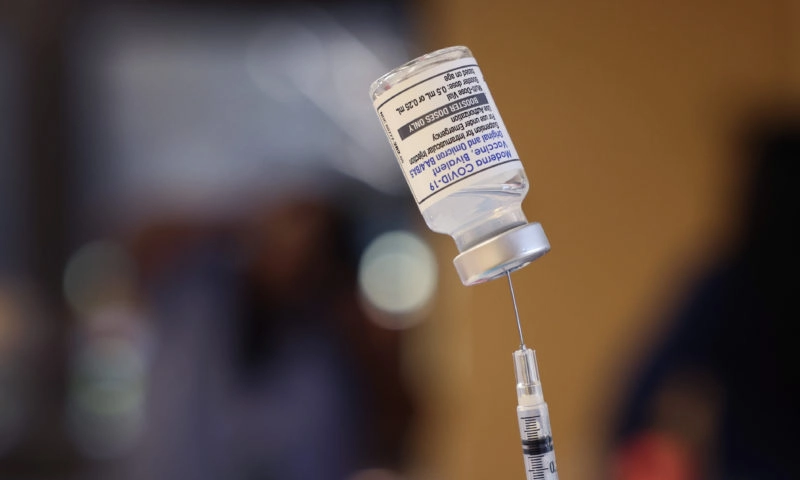- Web Desk
- Feb 24, 2026
Has COVID-19 returned to Pakistan?
-

- Web Desk
- May 27, 2025

WEB DESK: With at least least four people with pre-existing health conditions dead due to COVID-19 over the past two weeks at a leading Karachi hospital, health experts report an unexpected rise in infections during the city’s peak summer season.
All four fatalities occurred at the Aga Khan University Hospital (AKUH), where doctors have observed a steady increase in coronavirus-related admissions — a trend they describe as unusual for this time of year while speaking to Arab News Pakistan.
Infectious disease specialist Prof Dr Syed Faisal Mahmood confirmed the recent deaths and stated that hospital has witnessed a significant rise in Covid-19 cases.
The surge comes amid Karachi’s extreme heat, with temperatures soaring above 40°C which are conditions not typically associated with the spread of respiratory viruses.
Caused by the SARS-CoV-2 virus, COVID-19 is a highly contagious respiratory illness first detected in late 2019. While it traditionally spreads more easily in colder months due to indoor crowding and lower humidity, its summer resurgence in Karachi marks a departure from past seasonal trends.
Most patients arriving at AKUH have exhibited mild symptoms, such as sore throat, cough, body aches, and fever. However, the virus remains a serious threat to older adults and immunocompromised individuals.
Dr Mahmood also said that similar to previous years, severe COVID-19 cases are primarily affecting the elderly — particularly those over 65, and people with weakened immune systems, and while some have required hospitalisation, there unfortunately have been fatalities.”
Although routine COVID-19 testing is no longer mandatory for symptomatic individuals, Dr Mahmood stressed the importance of precautions.
“If you suspect you have COVID-19 or any respiratory infection, wearing a mask is advisable,” he said. “We recommend masking for at least five to ten days to prevent transmission.”
He also urged extra vigilance for those interacting with vulnerable populations.
“If you’re caring for elderly individuals, avoid visiting them while unwell — or at least wear a mask,” he advised. “Taking these measures can help curb further spread, and we hope to avoid a major surge in cases.”




